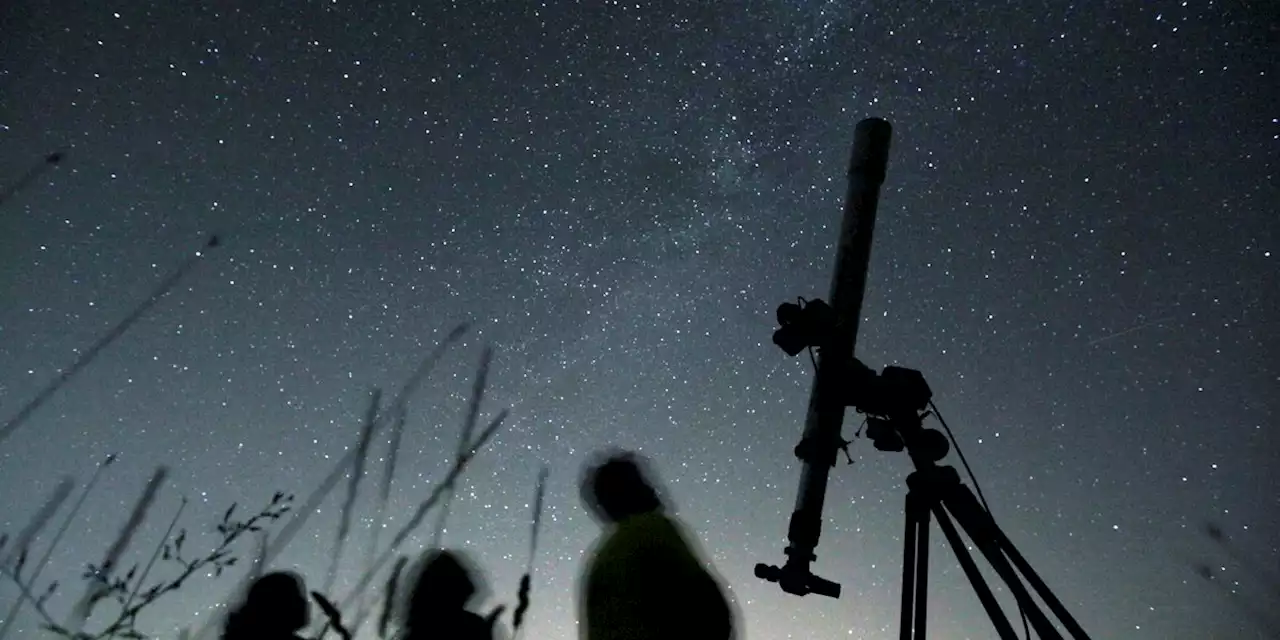Saturn, Neptune, Jupiter, Uranus and Mercury will appear together, weather permitting.
For the best views, seek a spot with little light pollution and a clear view of the horizon.
Mercury will be the last to come into view, about an hour before sunrise. If you go outside at that time, you’ll be able to see all five planets stretching across the sky — from Mercury down by the horizon to Saturn higher up in the sky — until the sun rises.Jupiter and Saturn will be pretty bright and easiest to see. Mercury will be a little dimmer, though still possibly visible with the naked eye.
Brasil Últimas Notícias, Brasil Manchetes
Similar News:Você também pode ler notícias semelhantes a esta que coletamos de outras fontes de notícias.
 4 elusive 'mini-Neptune' exoplanets discovered in a cosmic game of hide-and-seekMini-Neptunes are smaller and farther from their stars, and thus harder to spot, than many other exoplanets.
4 elusive 'mini-Neptune' exoplanets discovered in a cosmic game of hide-and-seekMini-Neptunes are smaller and farther from their stars, and thus harder to spot, than many other exoplanets.
Consulte Mais informação »
 A Moon of Saturn Has All the Ingredients Needed for LifeA salty ocean hidden under the icy shell of a tiny moon orbiting Saturn has all the key building blocks of life, suggesting the world is habitable, according to new research
A Moon of Saturn Has All the Ingredients Needed for LifeA salty ocean hidden under the icy shell of a tiny moon orbiting Saturn has all the key building blocks of life, suggesting the world is habitable, according to new research
Consulte Mais informação »
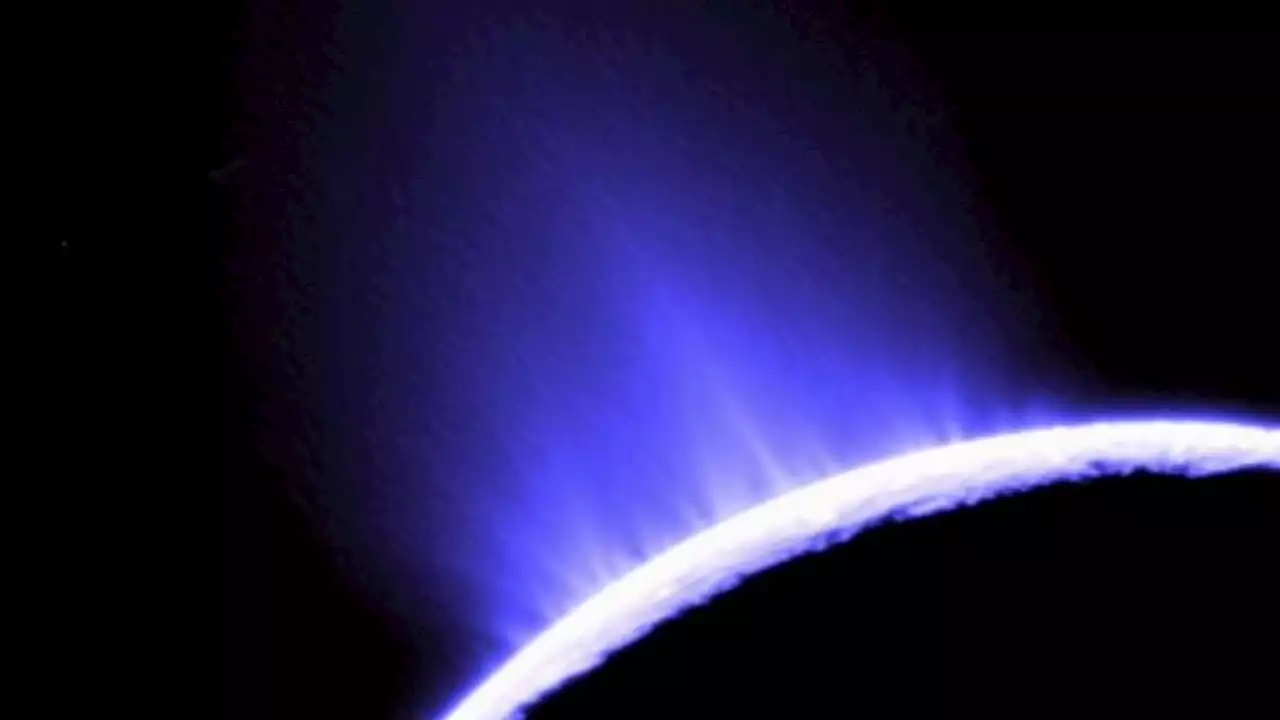 Scientists discovered a crucial element for life gushing out of Saturn's icy ocean moonAstronomers have confirmed the presence of phosphates — a crucial ingredient for life — in a plume of icy water gushing out of Saturn's moon Enceladus.
Scientists discovered a crucial element for life gushing out of Saturn's icy ocean moonAstronomers have confirmed the presence of phosphates — a crucial ingredient for life — in a plume of icy water gushing out of Saturn's moon Enceladus.
Consulte Mais informação »
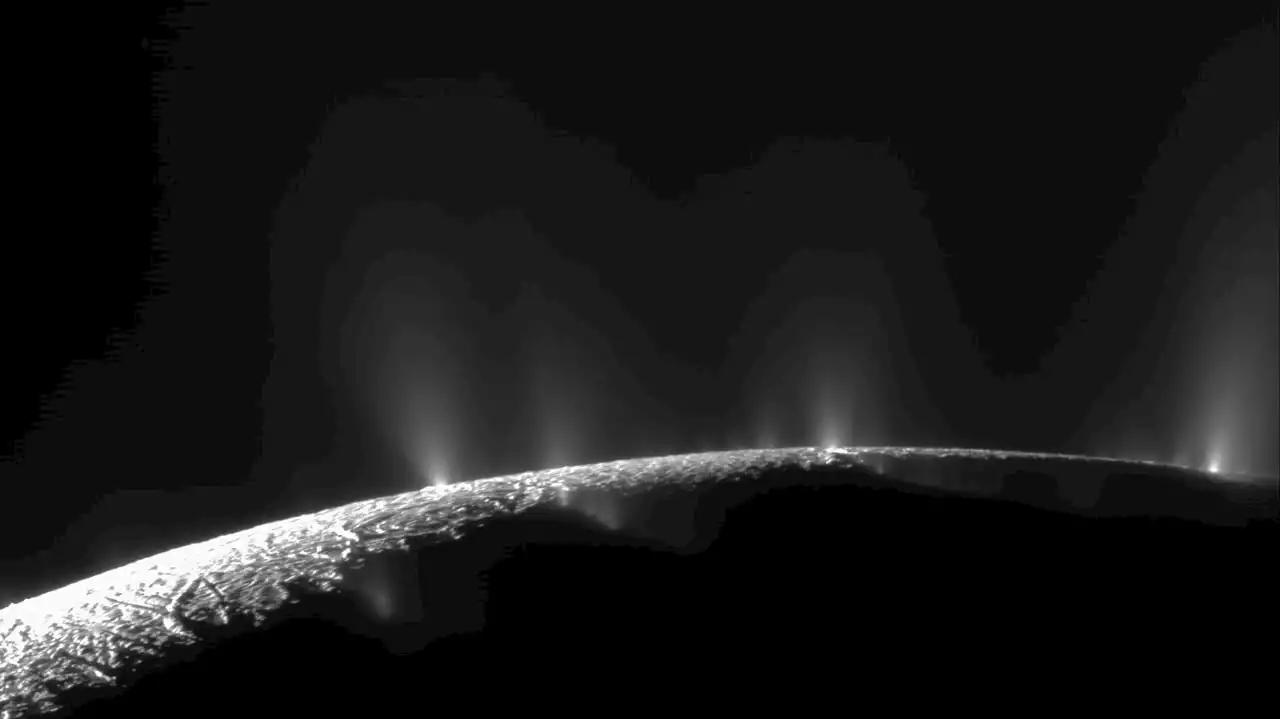 Saturn’s Icy Moon Enceladus Has All the Ingredients Needed to Make Life'Our Cassini-[Cosmic Dust Analyzer] measurements leave no doubt that substantial quantities of this essential substance are present in the ocean water,' Frank Postberg, a planetary scientist at Freie Universitat Berlin who led the new study, said.
Saturn’s Icy Moon Enceladus Has All the Ingredients Needed to Make Life'Our Cassini-[Cosmic Dust Analyzer] measurements leave no doubt that substantial quantities of this essential substance are present in the ocean water,' Frank Postberg, a planetary scientist at Freie Universitat Berlin who led the new study, said.
Consulte Mais informação »
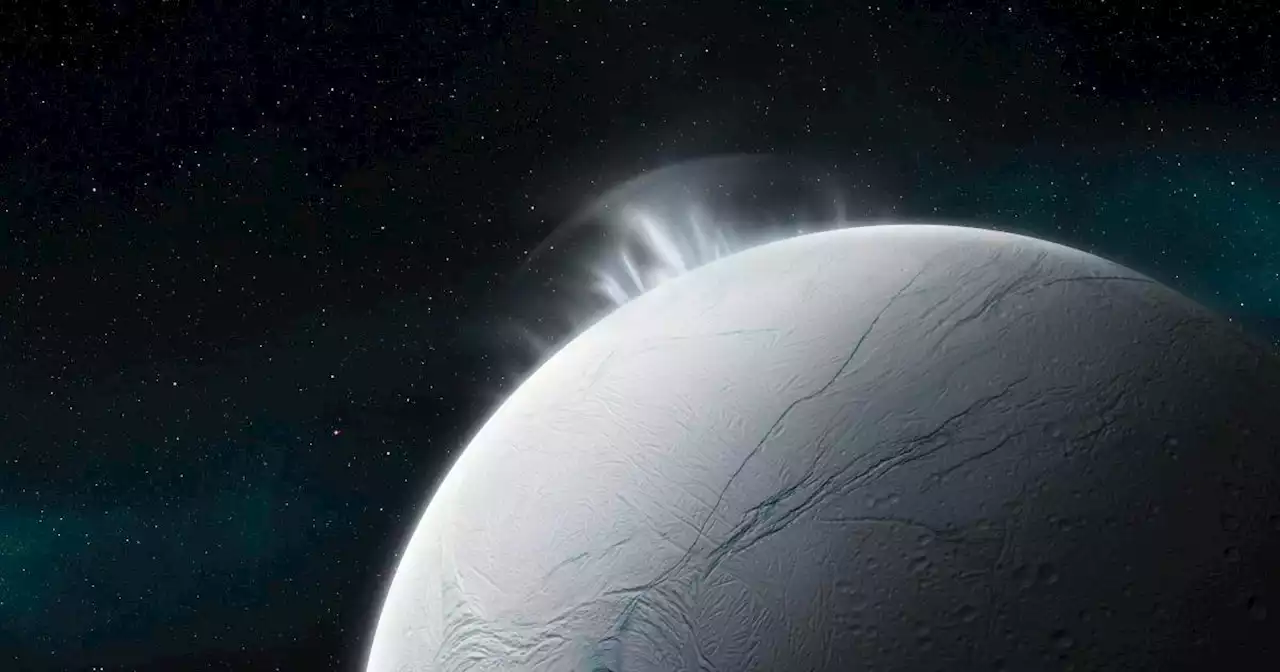 Saturn’s moon Enceladus could support species similar to Earth | EngadgetSaturn’s moon Enceladus could support species similar to Earth
Saturn’s moon Enceladus could support species similar to Earth | EngadgetSaturn’s moon Enceladus could support species similar to Earth
Consulte Mais informação »
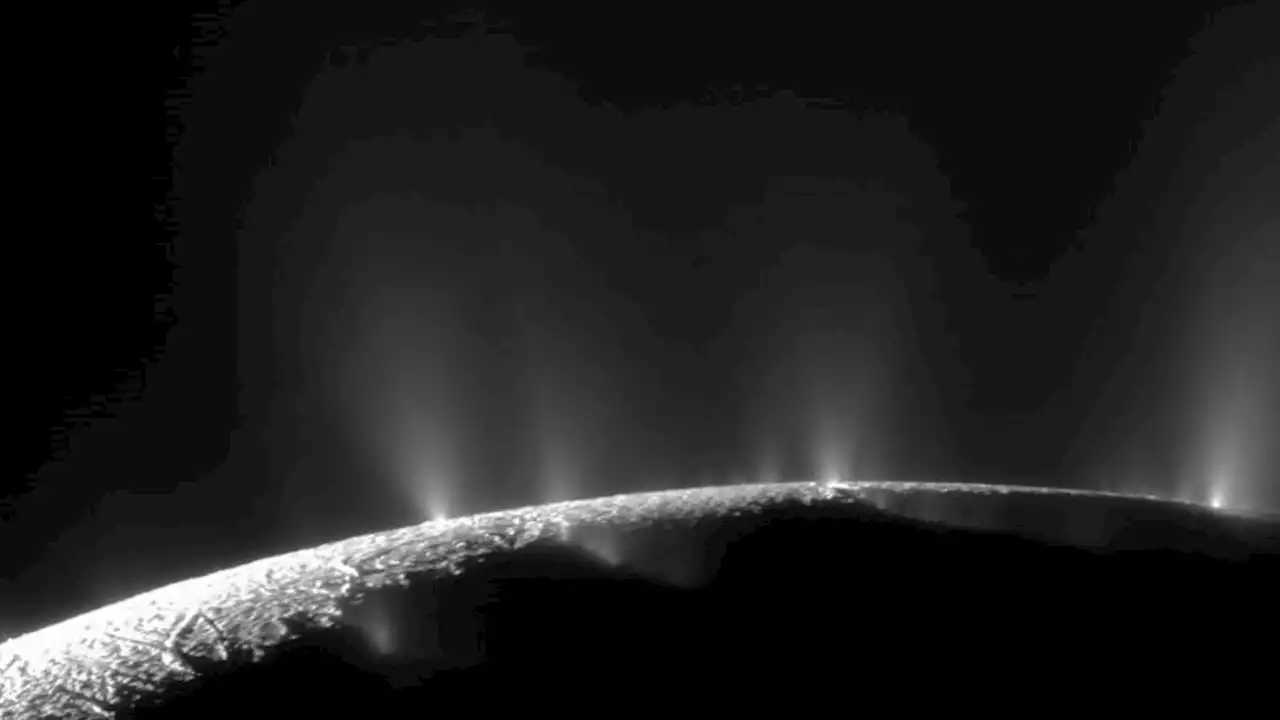 Key building block of life found on ocean world orbiting Saturn | CNNPhosphorus, a key element for life, has been detected in the ocean beneath the icy shell of Saturn’s moon Enceladus, which suggests the ocean’s moon could be habitable.
Key building block of life found on ocean world orbiting Saturn | CNNPhosphorus, a key element for life, has been detected in the ocean beneath the icy shell of Saturn’s moon Enceladus, which suggests the ocean’s moon could be habitable.
Consulte Mais informação »
